How does your child learn best answer
What Type Of Learner Is Your Child?
Every student learns differently. While some student’s strengths are reading or writing, other students learn more effectively through hands-on activities.
Understanding how your child learns best is a large part of helping your child perform to his or her fullest potential. And that starts with finding out what type of learner your child is.
Determining Your Child’s Learning Style
There are 4 main learning styles: Visual, Auditory, Reading/Writing, and Kinesthetic. Many students use a combination of each, but usually have one style that works best for them.
Using the right study method makes all the difference when it comes to your child understanding (and remembering) the material. By knowing your child’s learning style, you can choose effective study methods that complement strengths rather than work against them.
Remember, there isn’t always one right answer. Your child may fall into more than one learning style category. The best way to find out how your child learns best is to try a few different methods and see which works most effectively!
What Is Your Child’s Learning Style?
Find out what type of learner your child is by answering the following questions. Make note of categories where you are commonly answering “yes”—these are the ones that represent the type of learning style your child favors.
Is Your Child A Visual Learner?
- My child excels at visual activities (such as art)
- My child enjoys books that include illustrations (such as pictures, graphs, maps, etc.)
- My child is good at recognizing and recalling people, words, and places
- My child is very interested in the world and objects around him or her
- My child does best when provided an example of the task he or she is working on
Study Tips For Visual Learners
- Use different colors to create study notes
- Make study flashcards to use for review
- Create mind maps, charts, and diagrams when studying
Is Your Child An Auditory Learner?
- My child excels at auditory activities (such as music)
- My child frequently sings, hums, or talks when playing or doing schoolwork
- My child does well when following verbal instructions
- My child enjoys talking and having conversations with others
- My child listens to all the instructions before starting on a task
- My child asks a lot of questions when working on tasks or activities
Study Tips For Auditory Learners
- Recite study notes out loud
- Make up rhymes, songs, or stories when studying
- Talk through areas your child is struggling with
Is Your Child A Reading/Writing Learner?
- My child often writes things down or takes notes when working on a task
- My child enjoys reading books and writing stories
- My child is good at remembering what he or she has read
- My child works best alone in a quiet space
- My child does best when writing down instructions to follow for a task
Study Tips For Reading/Writing Learners
- Write study notes out by hand
- Create checklists to guide studying
- Organize study notes using headings and lists
Is Your Child A Kinesthetic Learner?
- My child excels at physical activities (such as sports)
- My child has a hard time sitting still while learning
- My child enjoys hands-on activities
- My child enjoys active learning activities like drawing or study games
- My child prefers to jump straight into a task and get started
Study Tips For Kinesthetic Learners
- Create practice tests to use while studying
- Turn studying into a fun activity or game
- Squeeze a stress ball while studying
Download This Checklist:
How Does Your Child Learn Best? – Parenting Special Needs Magazine
This is a modified excerpt from Pat Wyman’s best selling book, Instant Learning for Amazing Grades. You can find out how your child learns best here on HowToLearn.com.
You can find out how your child learns best here on HowToLearn.com.
Did you know that your child has an extraordinary capacity to learn in many different ways?
To understand what a learning style is, just think of how you prefer to learn new things. Do you like to soak up new information through pictures, sounds, or in some physical way through your feelings or touch?
How about when you recall what you have learned? Do you see images in your mind, hear the words of what you learned or actually re-create the information in a physical way?
A learning style is simply a preference for the method by which you learn and remember what you learned.
Although some books report as many as 12 or 13 types of intelligences, there are actually only three primary learning styles and the others fit into sub-categories of these.
Embracing Your Child’s Best Ways of Learning 12 Different Ways to Learn
Finding Hidden Gold!
Your child’s unique learning style really is like finding hidden “gold” because even though it’s been there all along, before now, you didn’t know its value or exactly how your child could use it to generate a lifetime of success.
As your child’s learning coach, I’ll bridge the gap between learning and testing and help you and your child develop the extraordinary benefits and “hidden power” of their unique learning style.
Together, we’ll discover exactly how to use the information to improve their grades, enhance communication, eliminate stress and overwhelm, save time and money, and build their motivation.
Most importantly, you can show your child “how to learn” by understanding their unique learning style, as well as the other two styles, and this in turn raises their self-esteem as they see themselves succeed in the process.
The benefits actually become the valuable “gold” of a lifetime.
It’s critical to share with every student that the school environment favors one style over the others.
This does not mean your child is deficient in any way because their learning style might not match how schools are set up. These strategies empower them with a better way to understand the type of environment they are in and ultimately – to “win the school game”!
Students who learn and think best in pictures form the associations needed to quickly and accurately retrieve information for their written tests. It’s that simple. These highly visual students have a natural learning style that matches the school’s highly visual learning and testing environment.
It’s that simple. These highly visual students have a natural learning style that matches the school’s highly visual learning and testing environment.
They easily make images from the words they hear and read. They are usually neat and organized, they take notes well and their mental images rapidly trigger the words they need to recall during a written test. Students who prefer to learn in a more visual style tend to have higher grades and test scores that reflect the match between their learning and testing style.
There are, however, millions of students who prefer to learn in other styles, such as auditory or kinesthetic.
For these students a mis-match occurs between how they learn, store and retrieve information and the way in which they are required to output what they have learned on written tests.
These written tests may take the form of multiple choice, short answer, essay or standardized, and the learning and memory processes required to answer the questions are quite similar.
Students who have stored the material they have learned in styles which are not aligned with the type of test they are taking, often find they either cannot translate what they know into written form or retrieve the information quickly enough to form their answers.
When they attempt to use an auditory or kinesthetic style to retrieve and write down information for these tests, they are often frustrated and hindered in their efforts due to the mis-match involved.
This mis-match will not allow them to easily “show what they know” and heavily contributes to their lower grades and declining test scores nationwide.
Often, kinesthetic learners prefer to learn in a single style and struggle to convert their knowledge into writing.
These children move around nearly all the time, don’t naturally make the pictures in their mind to “see” what organization looks like, and their crumpled papers generally reflect that they have touched and made contact with the material on them. Unfortunately, experts such as Dr. Stephen Guffanti say that kinesthetic learners are often diagnosed with conditions such as ADHD, when, in fact, they prefer to learn by doing.
Unfortunately, experts such as Dr. Stephen Guffanti say that kinesthetic learners are often diagnosed with conditions such as ADHD, when, in fact, they prefer to learn by doing.
When allowed to demonstrate their understanding of new material in a hands-on form, kinesthetic/tactile learners perform quite well and you can help your child and your child’s teacher by noting how your child learns best and then sharing that with the teacher.
One year, a student built an excellent model showing how the plates of the earth shift during an earthquake.
He placed two paper “plates” on top of his amplifier and played a low base sound on his electric guitar. The plates separated due to the vibration and it easily demonstrated how the plates move during an earthquake.
Although he got an “A” on his demonstration, he could not find the correct words to describe the process and answer questions on it for the written test. He received an overall grade of C on the written test, even though his teacher was certain he “knew” the information.
The scientific reason he got the lower grade is because he took a stroll down the “wrong memory lane” in his brain and could not retrieve the information for the written test.
While his memory of what was learned was stored in one location of his brain, this student was not able to gain access to it and convert it into words for the written test. For all practical purposes, he had only a “physical sense” of the information and had not linked it to the pictures and associations to trigger the “words” he needed to pass the written test.
This child’s experience is an example of the mis-match between how millions of students learn and how they are tested.
As a parent, you might want to know that this conflict also creates a serious dilemma for teachers.
For many years, teachers have been trained in a theory known as multiple intelligence (MI) teaching. The theory of multiple intelligences was written about in the early 1980’s by Dr. Howard Gardner. Dr. Gardner did not invent the concept of MI but expanded upon the original and groundbreaking work of Dr.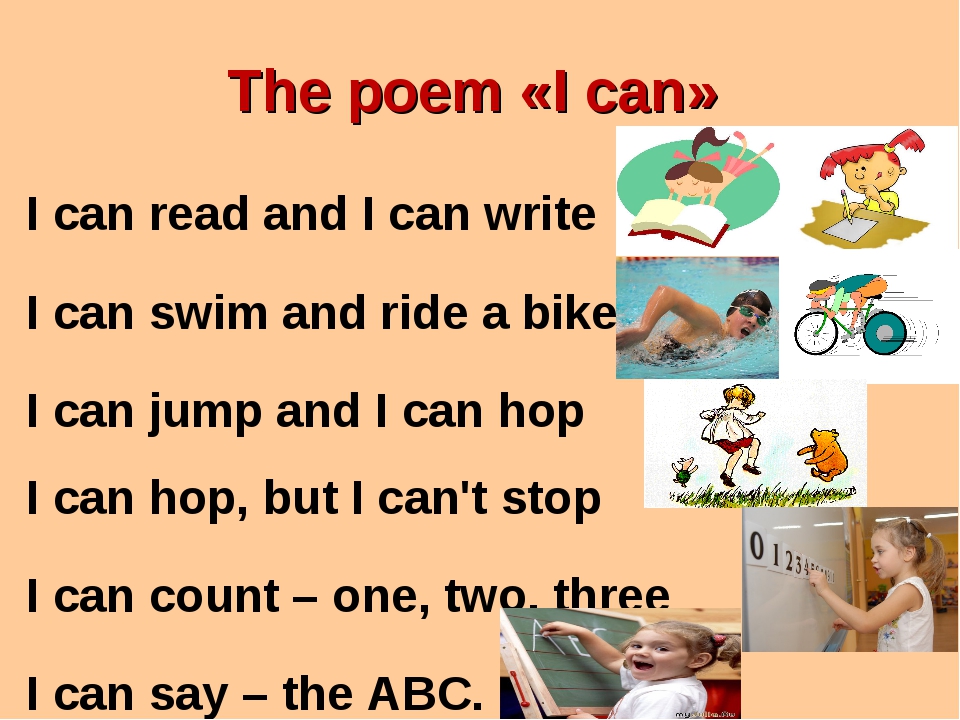 J.P. Guilford’s Structure of Intellect (SOI) model.
J.P. Guilford’s Structure of Intellect (SOI) model.
MI teaching and its proponents advocate identifying and teaching to a child’s learning strengths.
Teachers are taught to design different types of lesson plans for 12 or more types of intelligences and allow students to select assignment options tailored to their preferred learning strength. In theory, this is the optimal learning environment –assuming that the testing formats match each child’s learning modality. In reality though, teachers have neither the time, nor the resources, to tailor all their lessons to every child’s individual strengths.
Problems arise for both teachers and students when, in spite of being trained to teach to many intelligences, most districts still require single modality, written and standardized tests to be the primary measurement for student progress. And today, teachers are held accountable for the results of those test results.
If a child’s preferred learning strength does not correspond directly with the testing method of choice, that child may suffer needlessly with low grades and low self-esteem.
To complicate matters, neither school districts nor employers have (or likely will) created tests suited to their students’ or employees preferred learning styles.
Fortunately, there is newer brain research available than when the model of teaching only to a child’s strengths first emerged. By understanding more of the how the brain works, the model of multiple intelligence teaching can best be used when the testing style matches the teaching and learning style. If written tests are used, MI teaching actually sets a child up for problems when their learning style doesn’t match the testing style.
This book raises student grades and test scores in reading, spelling, math facts, vocabulary and other subject areas. The strategies can be used throughout the curriculum and transforms how every child learns.
The strategies you’ll find in this book are solidly based on over 30 years of research, practice and experience with students of all ages.
The information in this book combines the best available scientific information from the fields of neuroscience, psychology, medicine, psychiatry, optometry, environmental medicine and several instructional models.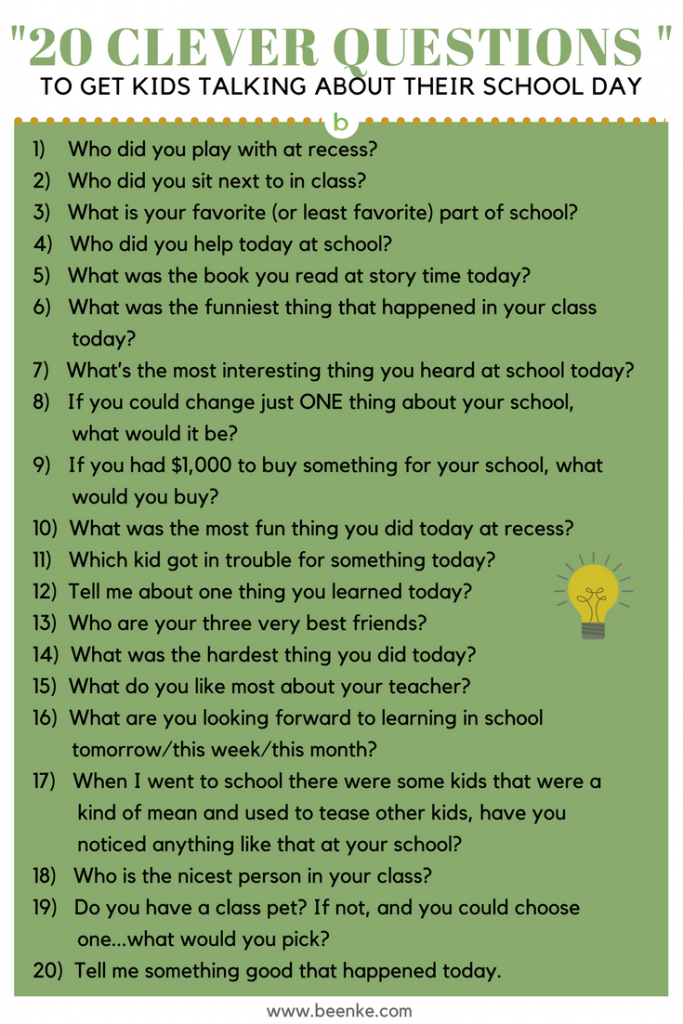
As long as grades remain the yardstick by which teachers and children are measured, I believe our students deserve to receive the knowledge and strategies they need to achieve excellent marks. Devoting just a brief course at the beginning of each school year on “how to learn and how to test” methods will help children learn the skills they need to continue to learn for a lifetime.
Amazing Grades was written to solve the dilemma that parents, students and teachers face and solve the mis-match between learning and testing styles. It gives you unique and practical strategies to help children learn “how to learn” and more closely match the way in which they will be assessed.
Pat Wyman is a best-selling author, founder of HowToLearn.com and America’s Most Trusted Learning Expert. She solves learning and reading problems for students who learn in different ways. To find out how your child learns best, take the FREE Learning Styles Quiz and you can read more in the book, Instant Learning for Amazing Grades which has faster learning strategies in all subject areas. © 2011 Pat Wyman, HowToLearn.com – This article is contained under a registered trademark and may not be reprinted without permission from the author.
© 2011 Pat Wyman, HowToLearn.com – This article is contained under a registered trademark and may not be reprinted without permission from the author.
Helpful Articles
- Embracing Your Child’s Best Ways of Learning 12 Different Ways to Learn
- Top-Five Brain Boosting Foods for Children with Learning Disabilities
- Reiki and Children with Learning Disabilities
- Language and Literacy Learning: Success With Technology
- Seven Unexpected Ways to Increase Your Child’s Learning
This post originally appeared on our September/October 2011 Magazine
7 types of parents who harm themselves and their children: do you recognize yourself among them?
Parents are different. And all parents make mistakes - this is normal, it is impossible to be perfect. But you can monitor your reactions and sometimes look at yourself from the side - you can. An article by our blogger, psychologist Yulia Guseva, can help with this.
An article by our blogger, psychologist Yulia Guseva, can help with this.
1. Parent in fusion
It is clear that a pregnant woman is initially very strongly connected with the child. The first stirring is the beginning of the separation. A newborn baby is physically separated from the mother, but psychologically she is still in merger with him, and he himself does not feel his own boundaries. Young mothers often say, "We ate, we slept, our tummy hurts, we're going to the doctor." When it comes to a baby, this is a healthy reaction. Both mother and child need time to separate from each other. nine0003
By about three years of age, the child finally separates from the mother, the child feels like a separate being. Here it is important that the mother also begins to perceive the child as a separate person and behave accordingly.
Theoretically, everything is clear, but what does a merge parent look like in practice? If, at a psychologist’s appointment, the father of a ten-year-old boy says: “We have fears,” there is a merging parent. At the same time, dad's actions clearly illustrate his words - he removes a scarf, a jacket from the boy, helps to untie the laces on his shoes. Or another example: a merging mother teaches lessons with a third grader, literally inspecting every letter written by a child. She collects his briefcase (what if he forgets his pencil case or notebook?). nine0003
At the same time, dad's actions clearly illustrate his words - he removes a scarf, a jacket from the boy, helps to untie the laces on his shoes. Or another example: a merging mother teaches lessons with a third grader, literally inspecting every letter written by a child. She collects his briefcase (what if he forgets his pencil case or notebook?). nine0003
Why is mother doing this? Because, mom says, the boy is not independent, irresponsible, he always forgets everything and never shows initiative himself. Indeed, such a boy. But why is he like this? He has no opportunity to express himself. As soon as he comes home, his mother immediately opens his briefcase and takes out a diary with the words: "What did they ask us?". She organizes his workplace herself, arranges pens and notebooks. Sometimes he even pulls out a pen to correct a sloppy letter. It is difficult in this case to feel like a separate person, it is almost impossible to take the initiative. nine0003
A parent who is in fusion with a child ceases to live his own life. His "I" seems to dissolve in the child. Such a parent does not allow the child to take a step on his own. Already an adult child is on a "short leash" of a mobile phone - a "merging" mother can require her twenty-five-year-old son to report on each step taken and regularly calls him, checking where he is, whether everything is in order with him.
His "I" seems to dissolve in the child. Such a parent does not allow the child to take a step on his own. Already an adult child is on a "short leash" of a mobile phone - a "merging" mother can require her twenty-five-year-old son to report on each step taken and regularly calls him, checking where he is, whether everything is in order with him.
Questions and advice to parents:
- Do you sometimes say "we" instead of "I" or "he (s)"? If yes, in what situations? What do you think you are going to say, merging with the child?
- Try to reformulate the phrases you said, dropping the pronoun "we" and using the pronouns "I" or "he (a)". What do you feel? Has the meaning of what was said changed?
2. Introjecting parent
An introject is a message (idea, thought, belief) that is transmitted from one person to another. Accordingly, the introjective form of interaction between the parent and the child is manifested in the fact that the parent “puts” various messages into the child, not giving him the opportunity to make a decision on his own. nine0003
nine0003
The introjecting parent exists and operates according to strict rules. He knows exactly what can and cannot be done. Of course, there are useful introjective messages. For example, the messages “you can’t cross the road at a red light”, “you need to brush your teeth twice a day”, “you need to wash your hands before eating”, “you can’t take someone else’s without permission” are useful. They show the child how to act in certain situations. By the way, these messages are assimilated by the child without pronunciation. If the parent, having come home, washes his hands, then the child, looking at the parent, does the same. nine0003
But there are other messages: “You should always have soup for lunch”, “A boy should not cry”, “A woman should be weak”, “If you don’t study, you will become a janitor”, “You must definitely get a higher education.” A child who regularly hears the message “It is imperative to finish music school” has not made an independent choice. He follows the wishes of his parents.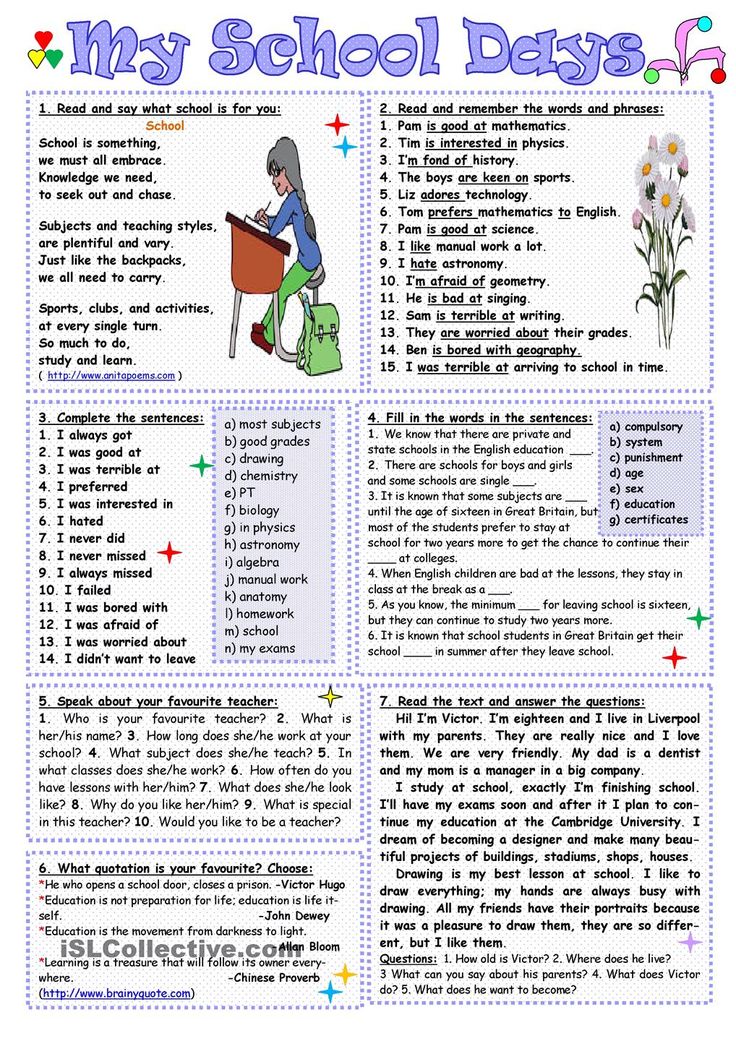 After all, parents do not explain why "A boy should not cry" and what would be terrible if a boy cries.
After all, parents do not explain why "A boy should not cry" and what would be terrible if a boy cries.
It is difficult for a child of introjecting parents to learn to make decisions on their own. Often he lives "as it should", forgetting about his needs and desires and the possibility of their satisfaction. nine0003
Questions and advice to parents:
- What messages did your parents give you? How have they affected your life? How do you feel as you remember these messages now?
- Make a list of your own introjective messages that you convey to your child. Which ones are useful? Maybe you should give up some of them?
- Try to "try on" each introjective message for yourself by changing "you" to "I". If you tell your child: "You must definitely eat everything that is on your plate," say to yourself: "I must definitely eat everything that is on my plate." What do you feel? Are you ready to follow this message? nine0020
3. Projecting parent
A person attributes his motivations, desires, interests to the outside world.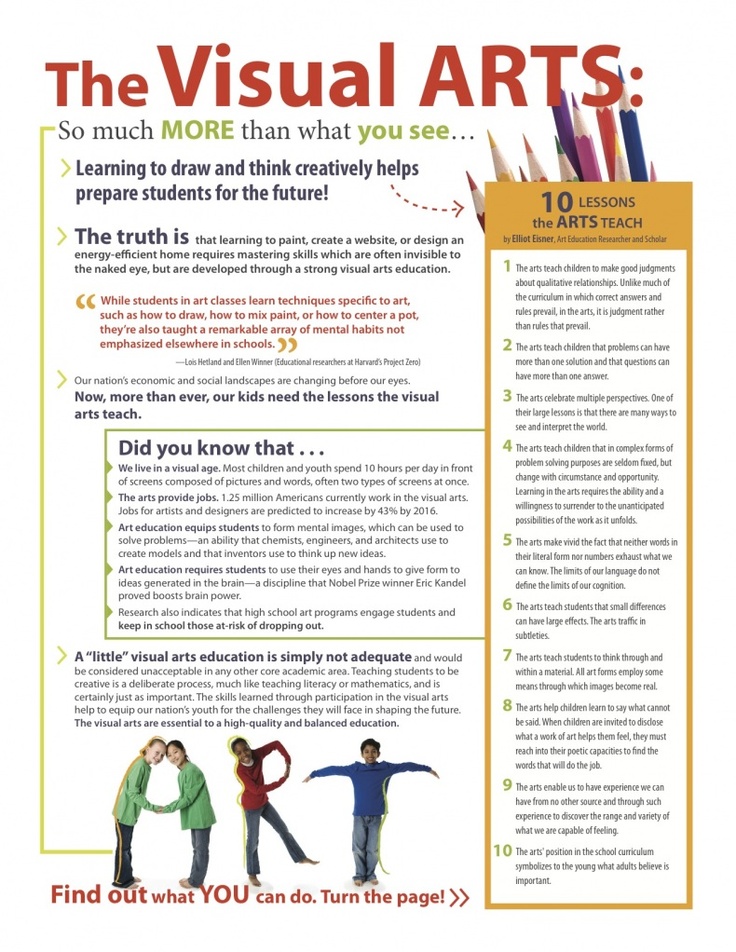 In our case, the parent attributes something to the child. The simplest example of projection: a mother, frozen on a walk, puts a sweater on her child.
In our case, the parent attributes something to the child. The simplest example of projection: a mother, frozen on a walk, puts a sweater on her child.
The projecting parent knows everything: he knows when the child is hungry, when he is sad, when it is difficult for him, and when it is interesting. But, most likely, the parent projects his own feelings, desires and needs onto the child. nine0003
For example, a girl does figure skating without much zeal. And mom says: “Katya likes figure skating so much! She enjoys the ice!" How does mom know what Katya likes and what she enjoys? She didn't even ask her. Mom herself likes figure skating, so she torments her daughter.
Or another example. Grandmother often says to her grandson: “My poor man, it is so difficult to study at school, there are so many things to ask!”. At the same time, the grandson is fine: he studies well and does not suffer. Grandmother talks about herself - to her, an elderly person, without education, the heaps of formulas in her grandson's textbook seem frightening. It seems to her that it is impossible to figure this out. And the grandson gradually begins to study worse. Regularly listening to grandmother's statements (projections), he begins to feel that learning is really difficult. nine0003
It seems to her that it is impossible to figure this out. And the grandson gradually begins to study worse. Regularly listening to grandmother's statements (projections), he begins to feel that learning is really difficult. nine0003
Questions and advice to parents:
- Can you remember the projective statements your parents said to you? What do you think of these statements now?
- Can you remember a few things you have ever said about children? Who are these statements about more: about you or about your children? How do these statements characterize you? How might they affect your children?
4. Retroflexing parent
Retroflection is "turning towards or towards oneself". Retroflection occurs in two versions:
- mirror retroflection, in which a person does to himself what he would like to receive from others.
- retroflection of catharsis: a person does to himself what he would like to do to others.
The retroflexing parent is very self-sufficient.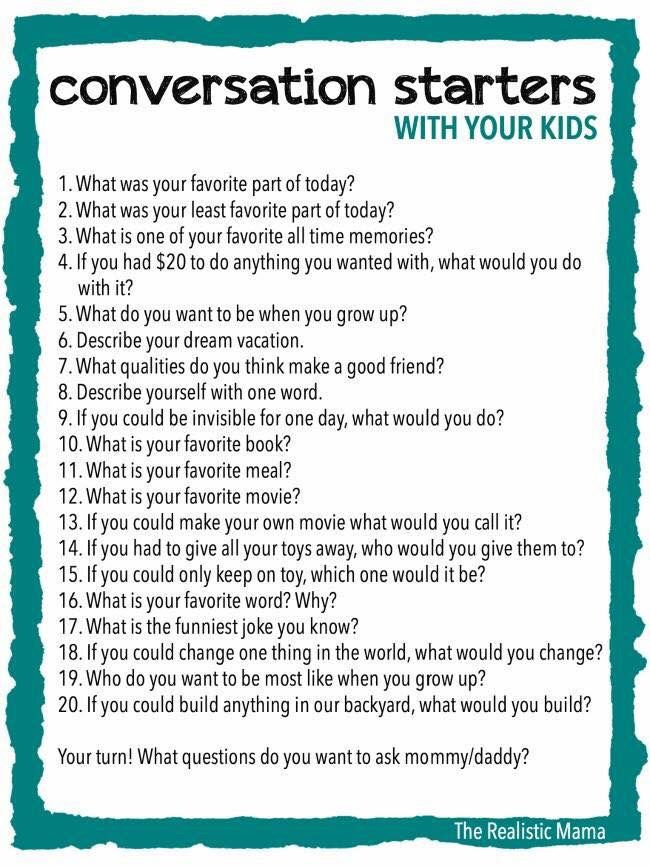 This is the parent who does everything himself and never asks for help from either the spouse or, especially, the child. At first glance, such a parent can command respect - he does not, for example, force the child to do household chores, does not interfere in his affairs (does not ask the teenager about friends, hobbies). But there is a downside: the child often feels unwanted and abandoned. He may even be jealous of the children of overprotective parents. nine0003
This is the parent who does everything himself and never asks for help from either the spouse or, especially, the child. At first glance, such a parent can command respect - he does not, for example, force the child to do household chores, does not interfere in his affairs (does not ask the teenager about friends, hobbies). But there is a downside: the child often feels unwanted and abandoned. He may even be jealous of the children of overprotective parents. nine0003
Parents deserve special attention, for whom retroflection of catharsis is typical - they never scold their children. From the outside, they are gentle, very kind parents. Surrounding, looking at them, sometimes begin to feel guilty, because they are not like that at all. But there are nuances here too: all the energy of these parents is directed at themselves. Even the one that was originally intended for children. Retroflecting parents suppress in themselves the irritation, anger, anger that was intended for the child.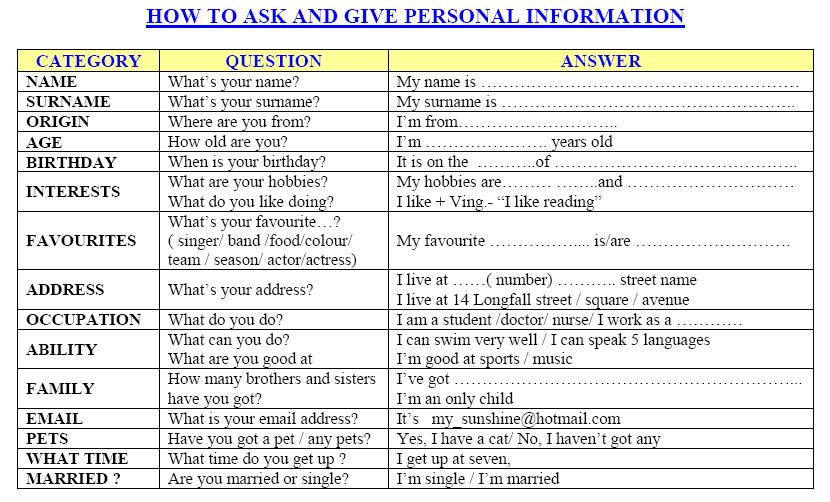 Instead of telling the child about his disappointment, the parent bites his lips to the blood, bites his nails, or otherwise shows auto-aggression. nine0003
Instead of telling the child about his disappointment, the parent bites his lips to the blood, bites his nails, or otherwise shows auto-aggression. nine0003
What happens to the child? He feels insignificant, unnecessary. It seems to him that his parents do not care what he is and what happens to him. After all, parents react poorly even to his problems - deuces or absenteeism. Then the child begins to behave in such a way that he is noticed, that he is paid attention to. The child starts smoking, drinking alcohol or drugs, running away from home, stealing. And all this time he is waiting for the reaction of his parents.
Questions and advice to parents:
- Don't be indifferent. Be sure to talk to children about feelings, including negative ones. Don't be afraid to sincerely say that you are upset, outraged, annoyed, or angry.
- Take care of yourself. Don't be afraid to ask for help. Requests are one of the means of communication. Do different things with your child.
 It is necessary for both him and you.
It is necessary for both him and you.
5. Deflexing parent
Deflexion manifests itself in the fact that a person does not direct energy to the object to which it was originally intended, but redirects it, directs it to something else. A deflexing parent really wants to engage in developmental activities with their child. But instead of sculpting, drawing, reading books or doing something else, the deflexing parent spends a lot of time looking for and reading methodological literature, communicates on specialized sites and forums. He really spends a lot of energy preparing for classes. But he doesn’t conduct classes or doesn’t conduct them at all as planned. Because too much energy has been spent preparing and waiting for the result. nine0003
The deflexing parent reads a lot of articles and books on pedagogy and child psychology. True, he buys even more books and downloads them on the Internet, leaving them unread. It often seems to him that right now he will learn something very important and after that he will become an ideal parent.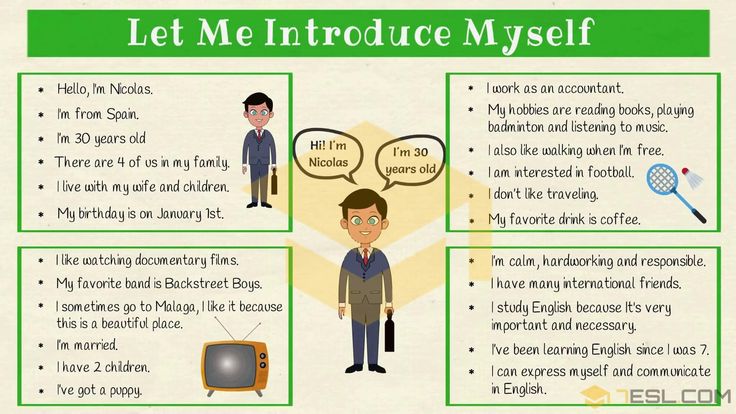
Deflection is a way of avoiding contact. The parent seems to fence off from the child by reading books or notations. Books, manuals, parent forums or notations become a wall between a parent and a child. nine0003
Questions and advice for parents:
- Don't try to be the perfect parent. An ideal is an unattainable absolute. And a child needs an ordinary loving and accessible parent.
- Do not plan many grand events and activities. Better just play, draw or take a walk in the park.
- Talk to your child about yourself, about your feelings and experiences. It's better than reading the notation.
6. Egotistical parent
A typical egotist is a Chekhovian man in a case: a man who consciously cuts himself off from others and not only does not strive for intimacy, but also tries to avoid it. And, indeed, an egoistic parent fences off from the child. A kind of snow queen - cold, insensitive, inanimate. Such a mother strives for the ideal.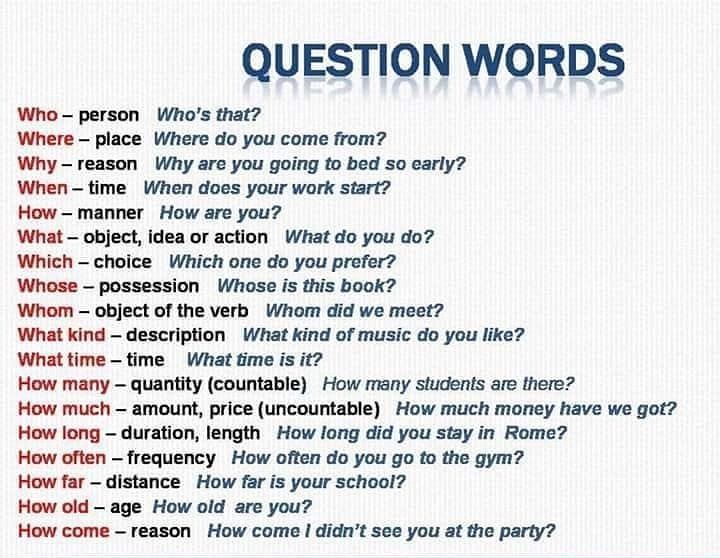 And he wants to see an ideal child: well-mannered, always clean and tidy, calm, quiet, polite. She often has high demands on the child. nine0003
And he wants to see an ideal child: well-mannered, always clean and tidy, calm, quiet, polite. She often has high demands on the child. nine0003
To say that the egotistical parent is not at all interested in the child is not true. He is interested. And even communicate. But selectively. The egotistical parent prefers structured and mediated communication. The so-called cultural program. Going to a museum, cinema, theater, zoo, planetarium - such entertainment is loved by an egotic parent. He is ready to read to a child, play board games, study with him, teaching him math or reading.
The mediation of communication is manifested in the fact that there is something between the parent and the child that creates the prerequisite for communication. This can be an event (performance), an exhibit in a museum, a book, and a development aid. No need to be spontaneous, no need to invent anything. You can watch the performance and discuss it. You can walk around the museum and discuss the exposition. nine0003
nine0003
But spontaneous games, role-playing games or heart-to-heart talks are alien to egotism. In such games, the parent needs to invest too much of himself, take a lot of initiative. This is difficult for an egotistical parent, because in this kind of games between a parent and a child there is no longer an object that is a reason for communication and sets the topic. The egoic parent unconsciously tries to avoid this form of communication with the child.
Questions and advice to parents:
- Try not to answer a question with a question. Answer the child's question and only then ask your own. nine0020
- Listen to the child. If you find it difficult to have a long dialogue (and some children like to talk endlessly), then limit yourself to supporting words, showing that you are a child. It is enough sometimes to nod your head and say “yeah”, “uh-huh”, “wow”, “wow”, “funny”. This is the first step towards dialogical communication.
7. Devaluing parent
The name speaks for itself. This is a person who devalues what he has. There are two types here: the first devalues himself as a parent, the second devalues the child. nine0003
This is a person who devalues what he has. There are two types here: the first devalues himself as a parent, the second devalues the child. nine0003
Self-defeating parent
This parent lives by the principle "I'm a bad mother" or "I'm a bad father". It seems to him that he does little for the child, that other parents are trying much more. At the same time, all these accusations against them are usually unfounded. Such a parent does not harm the child, at least apparently. But he does not allow himself to live in peace, as he constantly feels "bad", "inferior", "worst of all". Often a parent feels guilty and tries to make amends for it. And then the child gets even more attention, love, toys. nine0003
A parent who devalues a child
Such a parent expects unprecedented heights from a child and is constantly dissatisfied with what kind of child he is now. The devaluing parent has too high demands on the child. He does not rejoice at the success of the child, but only sets him up for new achievements. Instead of praise, the devaluing parent will say, “Learned to read? Everyone can read. Now, let's teach you how to play chess better." The child studies and even wins the school championship. You probably already guess what the parent's reaction will be: "Well, the school championship is not difficult to win, you try to win the city one!". A graduate who received a gold medal, instead of congratulations, hears parting words for entering a university. nine0003
Instead of praise, the devaluing parent will say, “Learned to read? Everyone can read. Now, let's teach you how to play chess better." The child studies and even wins the school championship. You probably already guess what the parent's reaction will be: "Well, the school championship is not difficult to win, you try to win the city one!". A graduate who received a gold medal, instead of congratulations, hears parting words for entering a university. nine0003
A devaluing parent is stingy with praise. It seems to him that the praise of a child can be spoiled. Such a parent looks accusingly at other parents, who, in his opinion, “praise” their children.
Questions and advice for self-devaluing parents:
- Make a list of things you do for your child but might not (shouldn't) do. Are all the items on this list carried out by other parents?
- Why are you doing all this? nine0019 The most important thing a child needs is love.
Questions and advice to parents who devalue a child:
- What can your child do? Are all children like this?
- It is important not only to outline prospects, but also to evaluate what has been achieved.
 This will help the child to take the initiative.
This will help the child to take the initiative.
You are in the "Blogs" section. The opinion of the author may not coincide with the position of the editors.
Illustration: Drawlab19 / Shutterstock / Fotodom
A parent is also a person: hurtful words of a child and how to react to them
Alexandra Chernysheva, a psychologist at the Architecture of the Future Center, tells parents where hurtful words come from a child and how to respond to them.
- Often during a quarrel, people utter unpleasant words, which they subsequently deny. Are we really not saying what we think, or in this state, exactly what we have kept in ourselves for so long emerges? nine0170
- There are both options. Very often, in the heat of a quarrel, those words are uttered that the person did not originally intend to utter. Of course, a person thinks about these words and keeps them in his head. However, this does not mean at all that he would have expressed this out of a conflict situation.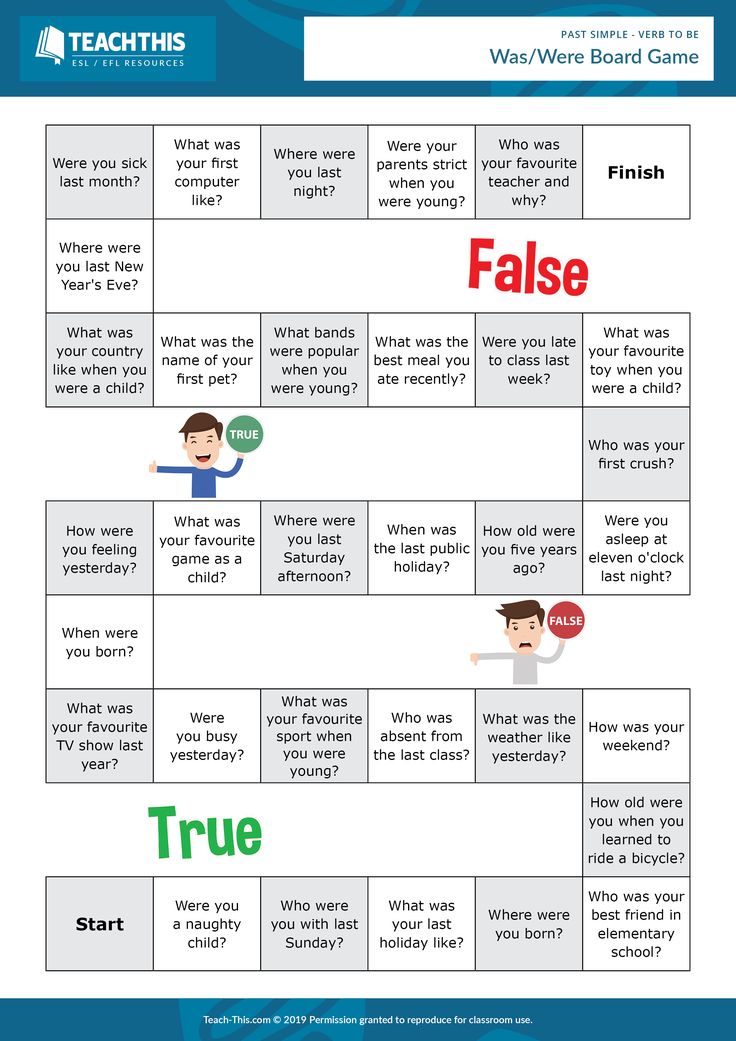 In adolescence, quarrels are often accompanied by a surge of emotions. When dissatisfaction with each other accumulates, in a fit of quarrel, on emotions, everyone can express what worries him and annoys him in a rude manner. nine0003
In adolescence, quarrels are often accompanied by a surge of emotions. When dissatisfaction with each other accumulates, in a fit of quarrel, on emotions, everyone can express what worries him and annoys him in a rude manner. nine0003
Age crises in a child: how not to go crazy for a parent?
— What to do if the child uttered an offensive painful phrase, after which it seems that it will not be possible to return to the past relationship?
-First, remember the so-called "I-statements". The essence of the method is that we say about ourselves and our emotions: not “You offended me”, “You upset me”, “You made me angry”, but “I was offended”, “I was upset” and “I got angry”. Thus, start by acknowledging the existence of your emotions. nine0003
Every person knows the painful points of relatives and friends and can unconsciously put pressure on them in quarrels. The child, uttering a phrase offensive to you, does just that.
Secondly, it must be remembered that in the relationship between a parent and a child, the main role is assigned to the parent. If it seems to you that after the hurtful words uttered by the child, you cannot return to the previous relationship, then you treat the child as an equal, which is wrong. The main one is the parent, and his task is to explain to the child what the consequences are due to unpleasant words and expressions. In the event that we are offended and deeply immersed in resentment, we find ourselves outside the parent-child relationship, which is harmful to both parties. nine0003
- Let's look at the most common phrases. What does it mean if a child says, "You don't love me"?
-Most often this is a request for attention. The most correct reaction of the parent will not be to answer: “No, I love you,” but to try to understand what the child is missing. It is necessary to ask the child why it seems to him that he is not loved; how he generally understands that he is loved by loved ones, that is, in what actions love is manifested for him.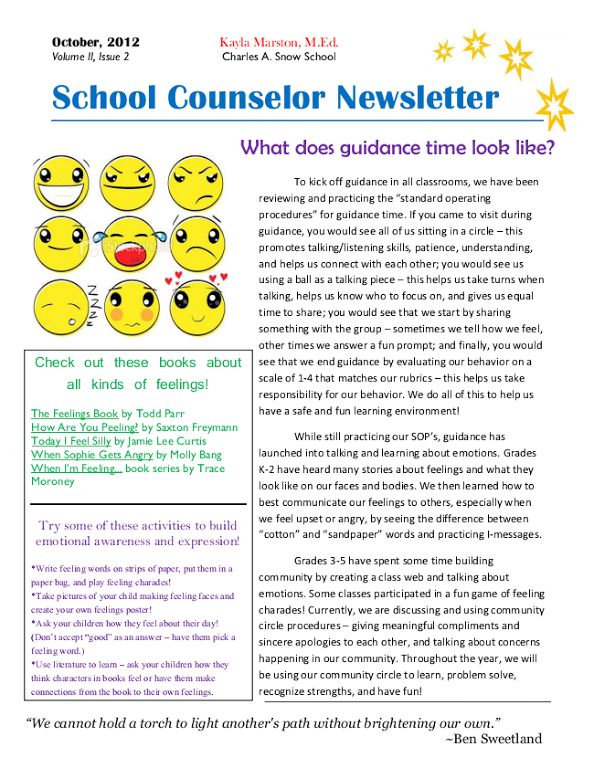
By the way, it is useful for parents themselves to analyze this: how do you understand that you are loved. Another quite common option is an attempt at manipulation: “I want that toy, that gadget,” etc. If you understand that now is just such a case, it makes sense to talk with your child about the relationship between love and financial transactions. If the parent before that easily went to purchases and expenses at the first request of the child, then in the understanding of the latter, certain obligations are imposed on the parent in similar situations. This is a kind of beacon that it will not be superfluous to talk with the child about financial relations in the family. nine0003
- If a child says "You don't understand me"?
- This is the most common phrase during adolescence, when it seems to the child that his emotions are unique, and there has never been such a thing as with him, and with no one. It's great if a parent can remember himself as a teenager, what he wanted from his parents. It may not be superfluous to share these memories with the child in a calm environment.
It may not be superfluous to share these memories with the child in a calm environment.
— How can one interpret the words “I wish I were dead” or “If I die, you will understand everything”? nine0170
— Usually behind such words there is a strong emotional reaction on the part of the child. At the same time, it is usually difficult for children to articulate strong emotions: babies stomp their feet and shout: “I don’t love you, you’re bad.” Older children may say: “I’ll die, then you’ll see.”
It is important to put yourself in the place of the child, to try to understand what he is experiencing at this moment. It is important to ask him questions: “Are you hurt, sad now?”, “You are angry now, right?”. Help to understand the emotion itself and choose the right name for it. If we discuss everything together with the child, most likely it will turn out that he is not going to die. nine0003
In extreme cases, if the child often says this, then it can go into manipulation, just like with any other phrase. It is important to keep in mind here that children often express what adults are afraid of. This happens both with words and with behavior. When a child climbs a window in the middle of an argument, he realizes that the parent is afraid of this. If you react to this with fear and panic, then, on the one hand, you reinforce such behavior in the child, on the other hand, do not go to the level of interaction and clarifying his emotions. nine0003
It is important to keep in mind here that children often express what adults are afraid of. This happens both with words and with behavior. When a child climbs a window in the middle of an argument, he realizes that the parent is afraid of this. If you react to this with fear and panic, then, on the one hand, you reinforce such behavior in the child, on the other hand, do not go to the level of interaction and clarifying his emotions. nine0003
— If a parent hears: “You are a bad mother”, “You are a bad father”?
— The idea that we are bad parents has been in our minds since the birth of a child. In addition, the parent is actively reminded of this by relatives, acquaintances, doctors, educators and other people who surround him. This is the simplest thing that can piss off a parent and make them feel guilty. Further, the parent either begins to worry and try to do better for his child, or begins to become more angry, so that the quarrel escalates even more.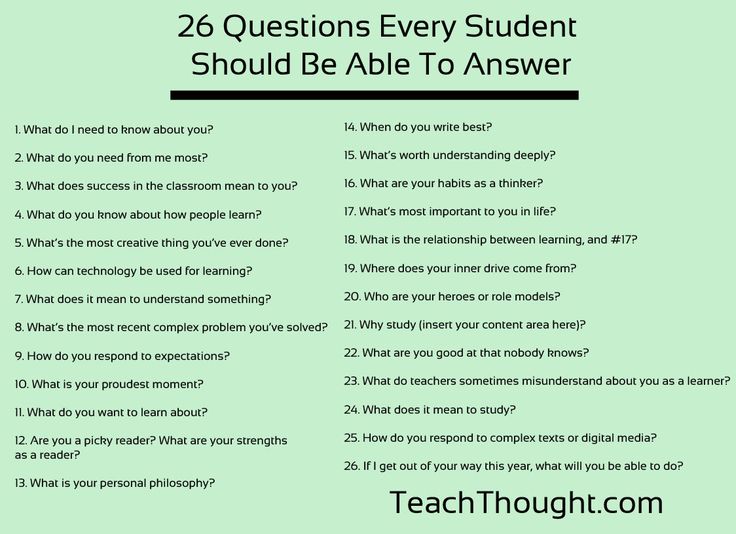 nine0003
nine0003
This phrase is an attempt to bring out an emotion and get rid of one's emotional experiences. "I feel bad, I'm sad, you're a bad mother!" - and here we threw off the emotional stress. The child, subtly feeling, clings to our emotions. Sometimes it's just resentment and manipulation, and sometimes it's an attempt to reach out and show that there is something specific that he does not like. In the latter case, this is calculated by a simple question: "What do you not like?". After it, you can move to a constructive level of problem solving. The main thing is to cope with emotions and do not go over to mutual accusations with the child. nine0003
- What is behind the phrase "I hate you"?
- In this situation, I would listen to what the parent feels at this moment. In our society, manifestations of strong negative emotions are taboo. If we remember the family as a concept, then in it, traditionally, a child should not be indignant, cry loudly in public, get angry, but should correspond to the image of a good child. Therefore, he says “I hate you” when a lot of emotions and discontent have accumulated, so strong that an explosion occurs. nine0003
Therefore, he says “I hate you” when a lot of emotions and discontent have accumulated, so strong that an explosion occurs. nine0003
- If we hear from a child "I'm leaving home"?
- Again, we divide into 2 layers. The first layer is manipulation. If the parent reacted correctly (demonstrated calmness and firmness of position), then this will not happen next time. If we are afraid of this, then the child will follow this path in every new dispute. On the other hand, if everything is really good in the relationship, there is mutual understanding in the family, usually such a problem does not arise. Thus, it can be, albeit manipulative, but still a signal that the child is worried about something. nine0003
- How to respond to "You ruined my life"?
- This phrase works both ways: it can be heard from teenagers to parents, and vice versa. The first thing a parent should do is to remember if he himself said such words to the child.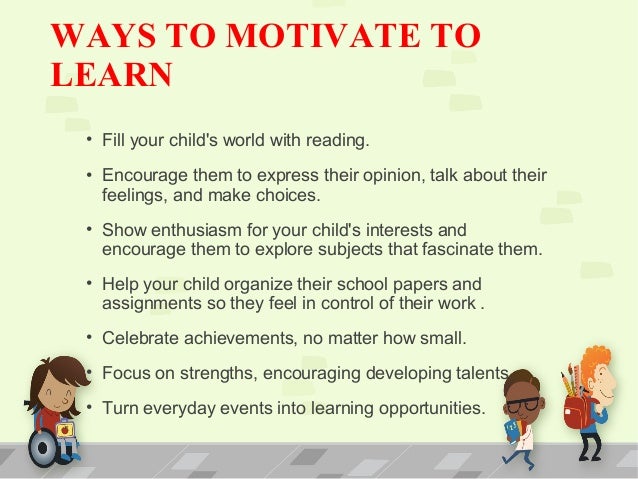 If not, we return to the pronunciation of our own emotions and back to "I-statements".
If not, we return to the pronunciation of our own emotions and back to "I-statements".
If you know that the child was told this, it is important to realize and understand that the problem may be deeper. A child, accustomed to the fact that a parent blames him for his own failures in life, considers such phrases to be the norm. Accordingly, the first step to correct the situation will be the parent's refusal of such an argument in quarrels and the recognition of his wrong. It is important to remember that a child who considers himself guilty of the misfortune of his parents bears this burden all the time, which is reflected in his self-esteem and behavior. nine0003
- How to understand the phrase "Get off me"?
- The child says this if his personal boundaries are violated. For example, there is too much parental attention, and it is overprotective or it is not what the child needs, and the child is treated like a child. “Get away from me” may well be a signal that the parent is too much in the life of the child, and not in the format of a senior partner, but in the format of a controlling policeman. “What are the grades, what’s at school, why didn’t you clean the room, why is it a mess?” - in the framework of such issues, contact with the child is formal, rather than friendly, partner-like. nine0003
“What are the grades, what’s at school, why didn’t you clean the room, why is it a mess?” - in the framework of such issues, contact with the child is formal, rather than friendly, partner-like. nine0003
— What to do if the child says “You don't understand anything”? "I'm an adult, I'm smart, and you're old"?
- It is worth considering why the child feels that your experience cannot give him anything. Maybe it's time to move on to more partnerships with less preaching.
— What should a parent do so that in the future the child does not clothe negative emotions in the form of offensive words?
— It is important to speak to the child about your own emotions that you have in response to his words. If we do not do this, then at some point our own emotions can get out of control, leading to an emotional storm, a strong and unnecessary scandal. And it is useful for the child himself to understand that the child-parent relationship is still hierarchical, so in the heat of the strongest quarrel it makes sense to “choose expressions”.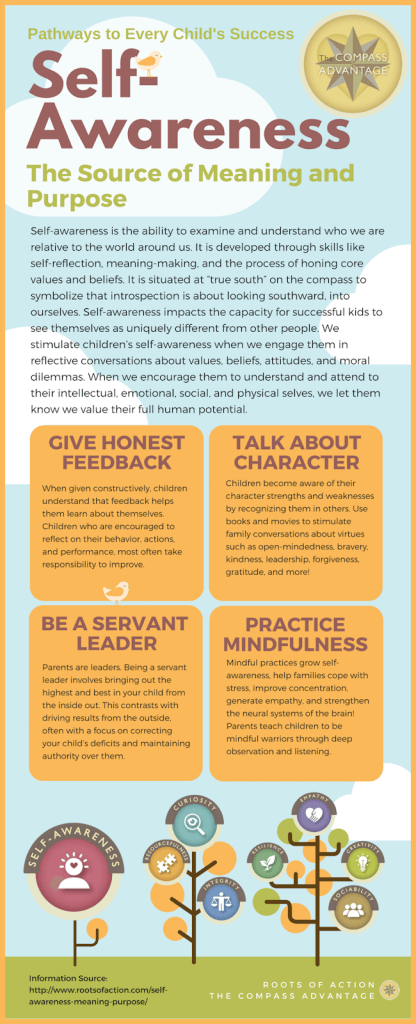 And this is most easily achieved through a calm explanation of their emotions by parents. nine0003
And this is most easily achieved through a calm explanation of their emotions by parents. nine0003
How can a parent take care of themselves?
— What general advice can you give to parents who encounter such statements?
- These phrases are a marker that the child has a lot of strong emotions that he kept in himself for a long time, as a result of which it became difficult to explain them with normal harmless words. After analyzing specific situations, talk with your child about the fact that it is normal to be angry, but you need to be aware of your emotions and their background. This option is suitable for pre-teens. nine0003
If we talk about adolescence, the scale of emotions increases several times. After all, the emotional storm that accompanies the process of puberty enhances all reactions. It is important not to forget that the child is changing, growing, it is important for him to receive from the parent not only protection and control, but attention and, at least, an advisory vote.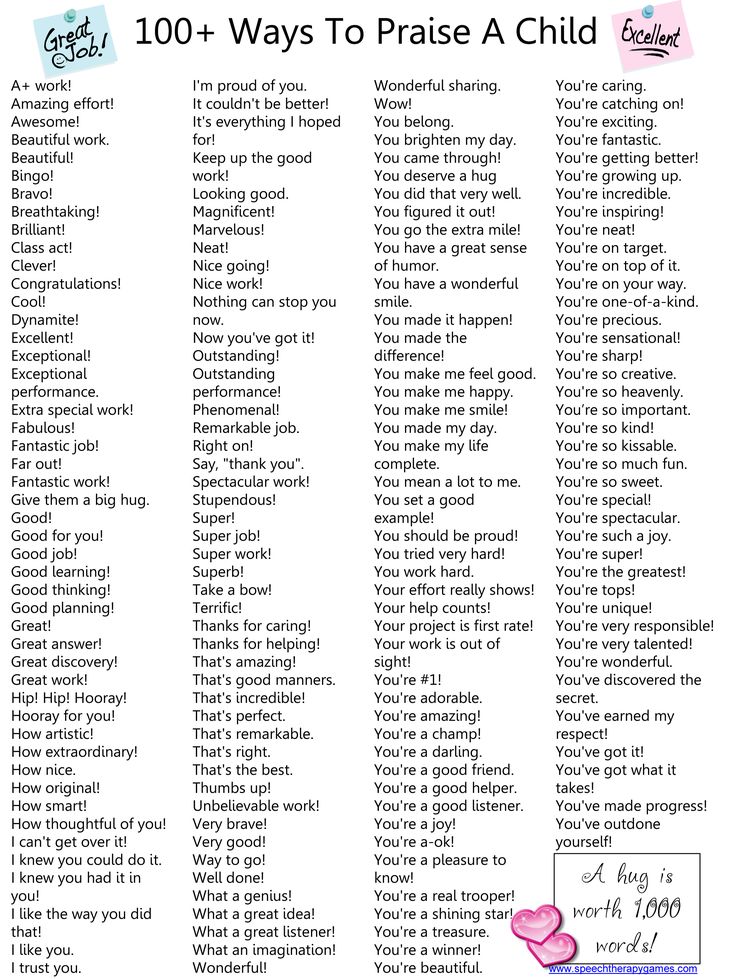 If you want to maintain a close relationship with your child, then remember that even the smallest child is a separate person with his own feelings, desires and needs. In this case, communication will be much more successful. nine0003
If you want to maintain a close relationship with your child, then remember that even the smallest child is a separate person with his own feelings, desires and needs. In this case, communication will be much more successful. nine0003
Curriculum vitae:
Aleksandra ChernyshevaAlexandra Chernysheva – psychologist-consultant, graduated from the Department of Crisis and Extreme Situations, Faculty of Psychology, St. Petersburg State University.
Since 2007 Alexandra has been conducting individual and group consultations and trainings with children and adolescents, and also coordinates the work of the Architecture of the Future camp. Her scientific and practical interests include the following topics:
- Self-confidence,
- "Intellectual success",
- "Communication efficiency".
You can book a free ticket to the camp "Architecture of the Future", where Alexandra works:
0
0
0
0
0
Posted by
